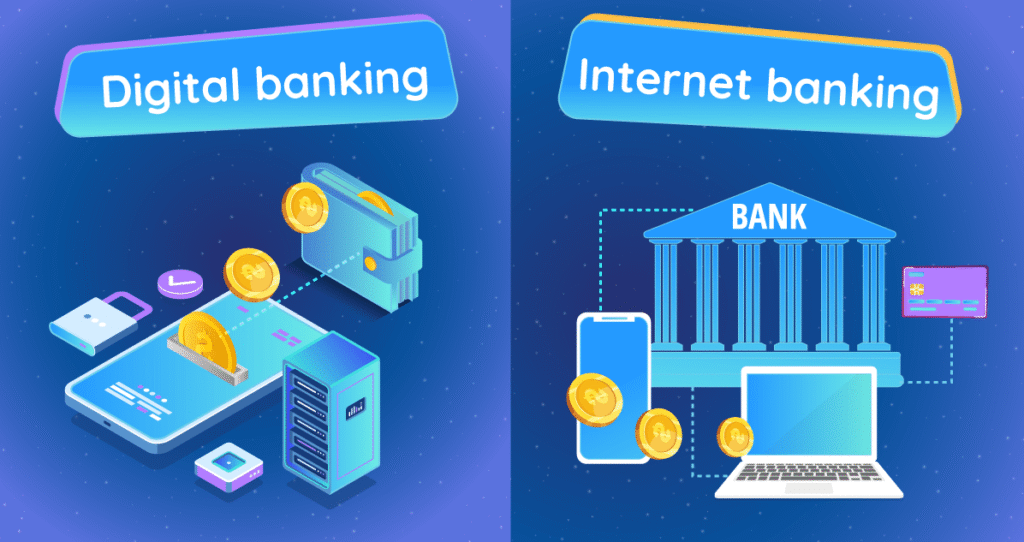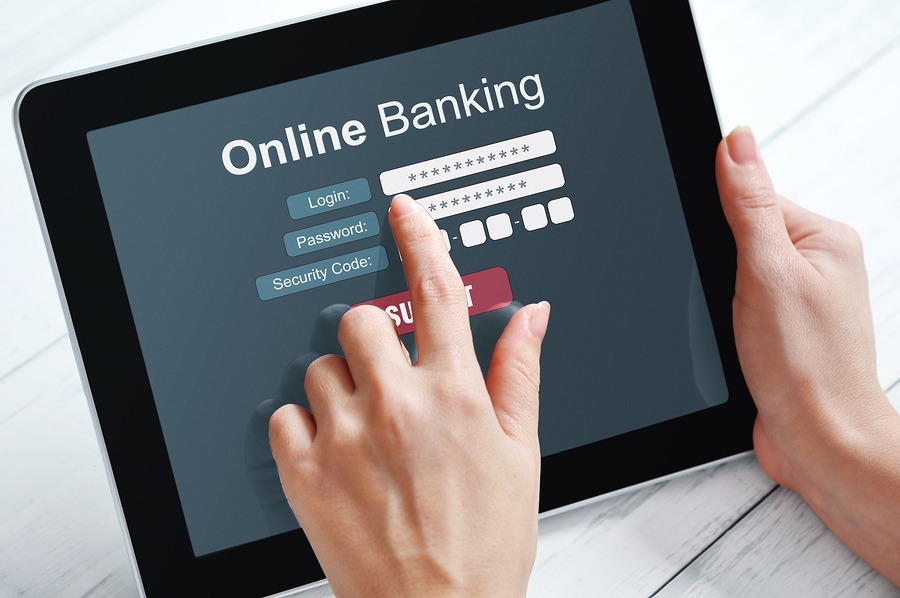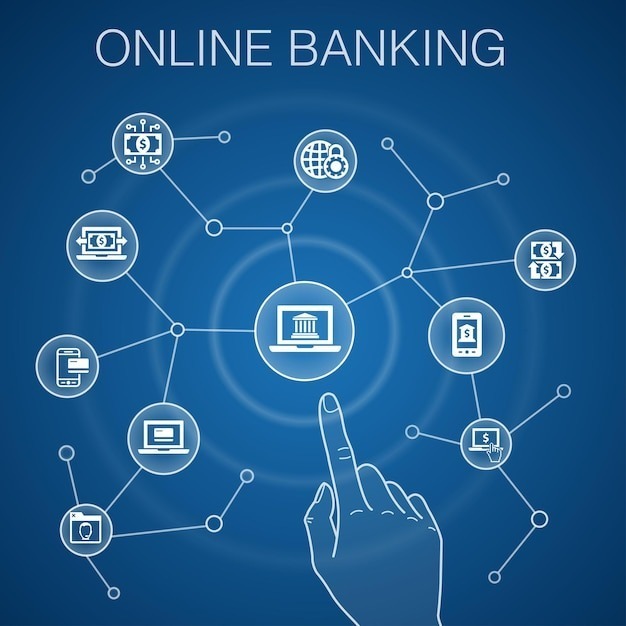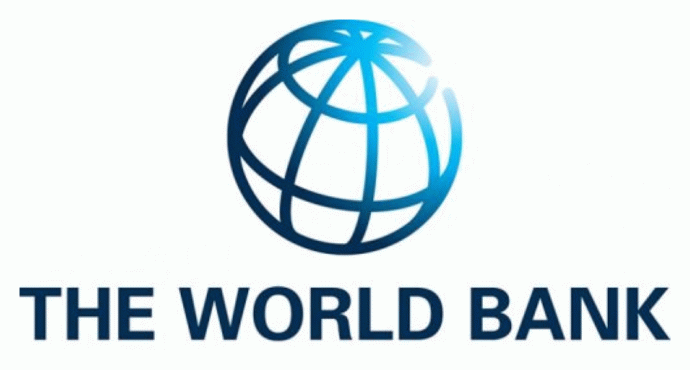In today’s digital era, the role of the internet in shaping global economies is undeniable. As technology continues to evolve, the World Bank and other international financial institutions have increasingly emphasized the importance of digital inclusion.
Among the many facets of digital transformation, online banking has emerged as a critical component. The World Bank’s encouragement for the adoption of internet and online banking is rooted in its potential to drive financial inclusion, enhance economic efficiency, and foster sustainable development.
In this article, we will explore the key reasons behind this push and the broader implications for individuals, businesses, and economies.
1. Financial Inclusion and Accessibility

One of the primary reasons the World Bank advocates for the widespread use of the internet and online banking is to promote financial inclusion. In many developing countries, a significant portion of the population remains unbanked or underbanked.
- Advertisement -
These individuals often lack access to traditional banking services due to geographical, economic, or social barriers.
The internet and online banking platforms offer a solution to this challenge. By leveraging digital technologies, people can access financial services regardless of their location.
For example, mobile banking apps allow individuals in remote or rural areas to open bank accounts, transfer money, pay bills, and even access credit services without needing to visit a physical bank branch. This accessibility is crucial in bridging the financial gap and ensuring that everyone has the opportunity to participate in the formal economy.
Moreover, online banking reduces the cost of financial services, making them more affordable for low-income individuals. Traditional banking involves various overhead costs, including maintaining physical branches and employing staff, which are often passed on to customers through fees.
Online banking, however, operates with lower costs, enabling banks to offer services at more competitive rates. As a result, more people can afford to open and maintain bank accounts, further promoting financial inclusion.
2. Economic Efficiency and Growth

The digitalization of financial services contributes to economic efficiency by streamlining transactions and reducing the time and resources required for financial activities.
Online banking eliminates the need for physical cash handling, paper checks, and in-person transactions, all of which are time-consuming and prone to errors. Instead, digital transactions can be completed in a matter of seconds, with increased accuracy and security.
For businesses, particularly small and medium-sized enterprises (SMEs), online banking offers a platform for efficient financial management. SMEs can easily monitor their cash flow, manage payroll, and process payments through digital platforms.
This efficiency not only reduces operational costs but also allows businesses to focus on growth and innovation.
Furthermore, online banking facilitates faster and more reliable access to credit, which is essential for economic growth. Traditional lending processes can be cumbersome, often requiring extensive documentation and lengthy approval times.
In contrast, online platforms can assess creditworthiness using alternative data, such as transaction history and digital footprints, allowing for quicker and more inclusive lending decisions. This access to credit enables businesses to expand, invest in new projects, and contribute to economic development.
3. Promoting Transparency and Reducing Corruption

The World Bank’s emphasis on online banking also aligns with its broader goal of promoting transparency and reducing corruption. In many countries, corruption and financial misconduct are significant challenges that hinder economic development and undermine public trust in financial institutions.
Online banking can help address these issues by creating a digital trail of transactions that is difficult to manipulate or conceal. Every digital transaction is recorded and can be audited, making it easier to detect and prevent fraudulent activities.
Additionally, online banking reduces the need for cash transactions, which are often associated with corruption and money laundering.
Governments can also leverage digital financial platforms to improve the transparency and efficiency of public services. For instance, direct digital transfers of government benefits and subsidies to citizens’ bank accounts reduce the risk of funds being siphoned off by intermediaries.
This transparency ensures that financial resources reach their intended recipients, contributing to poverty alleviation and social welfare.
4. Resilience in Times of Crisis
The COVID-19 pandemic underscored the importance of digital resilience in times of crisis. As lockdowns and social distancing measures were implemented worldwide, traditional banking services faced significant disruptions. Physical bank branches closed, and cash handling became risky due to the potential spread of the virus.
During this period, online banking emerged as a lifeline for individuals and businesses. Digital platforms enabled people to conduct financial transactions from the safety of their homes, ensuring continuity in essential financial activities.
The pandemic highlighted the need for robust digital financial infrastructure that can withstand unforeseen challenges and provide uninterrupted access to financial services.
In response to the pandemic, the World Bank has intensified its efforts to promote digital financial inclusion as a means of building resilience in developing economies. By encouraging the adoption of online banking, the World Bank aims to ensure that individuals and businesses are better prepared to navigate future crises and maintain financial stability.
5. Supporting Sustainable Development

The World Bank’s push for internet and online banking is also aligned with its broader mission of supporting sustainable development. Digital financial services have the potential to contribute to several Sustainable Development Goals (SDGs), including poverty reduction, gender equality, and economic growth.
For instance, digital financial inclusion can empower women by providing them with access to financial resources and opportunities. In many parts of the world, women face significant barriers to accessing traditional banking services due to cultural norms and discrimination.
Online banking offers a more inclusive platform that allows women to manage their finances independently, start businesses, and invest in their futures.
Additionally, digital financial services can play a crucial role in reducing poverty by enabling individuals to save, invest, and access credit. By promoting savings and investment, online banking helps individuals build financial security and escape the cycle of poverty.
Moreover, online banking contributes to environmental sustainability by reducing the reliance on paper-based processes and physical infrastructure. Digital transactions generate less waste and have a lower carbon footprint compared to traditional banking methods. As the world grapples with the challenges of climate change, the shift towards digital financial services represents a step towards a more sustainable future.
6. Challenges and Considerations
While the benefits of online banking are clear, the World Bank also recognizes the challenges and risks associated with digital financial inclusion. One of the primary concerns is the digital divide, which refers to the gap between those who have access to digital technologies and those who do not.
In many developing countries, internet connectivity is still limited, particularly in rural areas. Without reliable internet access, the benefits of online banking cannot be fully realized.
Cybersecurity is another significant concern. As more people and businesses rely on digital platforms for financial transactions, the risk of cyberattacks and data breaches increases. Protecting sensitive financial information is critical to maintaining trust in online banking systems. The World Bank emphasizes the importance of implementing robust cybersecurity measures and educating users about safe online practices.
Additionally, there is a need for regulatory frameworks that support digital financial inclusion while safeguarding consumer rights. Governments must work in tandem with financial institutions and technology providers to create policies that promote innovation while ensuring fairness, transparency, and accountability.
Conclusion
The World Bank’s encouragement for the use of the internet and online banking is a testament to the transformative power of digital technologies in the financial sector. By promoting financial inclusion, economic efficiency, transparency, and resilience, online banking has the potential to drive sustainable development and improve the lives of millions of people around the world.
However, the transition to a digital financial ecosystem is not without its challenges. Addressing the digital divide, enhancing cybersecurity, and creating supportive regulatory frameworks are essential steps in realizing the full potential of online banking. As the world continues to embrace digital transformation, the World Bank’s efforts in promoting internet and online banking will play a crucial role in shaping the future of global finance.

